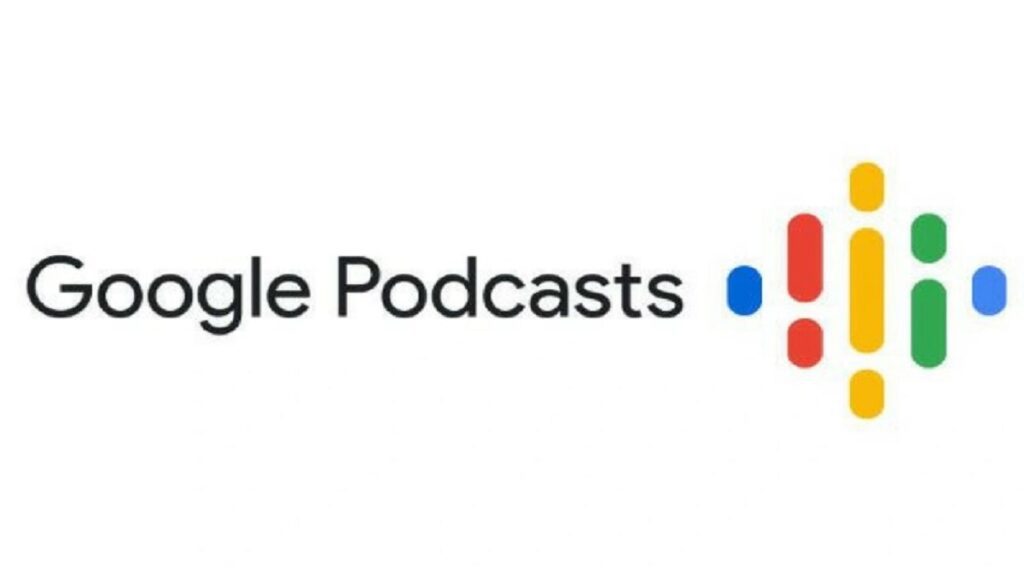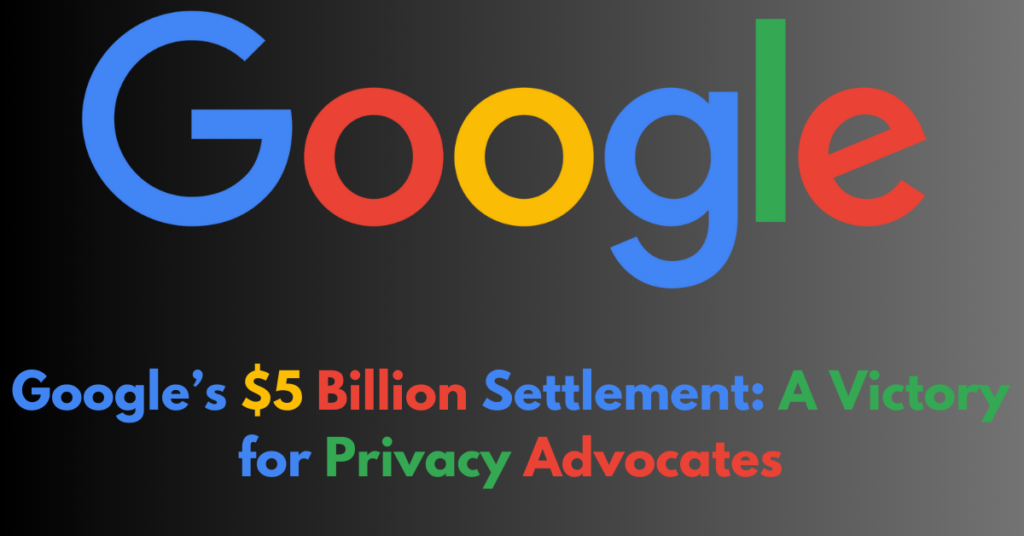Google’s podcast service will end on April 2. Only 4% of podcast listeners in the US use the platform. Millions of people will have to move their subscription data, which can be hard to do and could leave users open to scammers and people who steal credentials. It is very important to know how to safely move podcast subscription data to a different service. Podcasts can still be listened to on the app by other users, but US users have been getting in-app alerts that time is running out to both listen and migrate their subscription data.
The YouTube team said in a statement on September 26, 2023, that the service would be shut down. They said that by putting money into podcasts, the site would become a better place for podcasters and fans to visit overall. The site would also have features that are only available on YouTube, like the ability to switch between audio and video and build a community.
Transferring Music Subscription Information to YouTube
Google has made a guide to help users move their subscription information from Google Podcasts to YouTube Music. Users in the US should have been told in the app before July to read the guide. YouTube Music will not have all podcasts, but you can save them by clicking on the RSS feed link.
To move subscription data to a different platform, you need to either download an Outline Processor Markup Language file or use the Google Takeout function. You can find more detailed instructions in the help file. There is a lot of information on the Google Podcasts migration help pages, but here are the main steps to take to move to YouTube Music:
- At the top of the Google Podcasts app screen, find the “export subscriptions” button and click it.
- Go to YouTube Music and click on Export.
- Use the YouTube Music app to move music and keep going.
App Closures and Migration Raise Cybersecurity Risks
Google shutting down Google Podcasts could put users’ security at risk. Cybercriminals can use the confusion about the service’s end to their advantage by making fake apps that are not on Google Play and spreading them through emails, messages, and forums. People often do bad things with these apps, like adding users to a botnet or stealing their login information. Criminals may also take advantage of the last-minute rush to move podcast subscription data. Users have until July to do this, which could lead people to malicious websites and more phishing emails with links to what look like help and support pages. This could make it easier for people to steal data and abuse Google Podcasts.
The US will be the first to lose access to the Google Podcasts app, but users in other countries may be able to get it back before the end of the year. Since EU users will have to use side-loaded apps, the Digital Markets Act (DMA) could make security more difficult to handle. Both Google and Apple will have to agree to let side-loaded apps work, which is a security risk. Approove, a company that specializes in mobile application and API security, says that the DMA will make Google and Apple’s security systems less effective. This will make it harder to stop people from stealing app intellectual property, reverse engineering apps, making illegal apps, and changing apps while they are running.
Ted Miracco, CEO of Approove, has teamed up with PreEmptive to create a security solution that goes beyond Google and Apple’s ecosystems. This is in line with the EU’s Digital Markets Act’s goal of making the app market more open and competitive. Google, on the other hand, says that the Digital Markets Act requires “gatekeeper operating systems” to let users get to app stores and third-party apps. Google already lets Android users do this because they can download and install apps ahead of time thanks to deals with app developers. For the “external offers” program, developers will have to pay extra fees. These include a 17% ongoing services fee for in-app purchases and a 7% ongoing subscriptions fee. These fees cover things like parental controls, security scanning, fraud prevention, and regular app updates.



